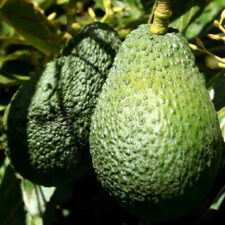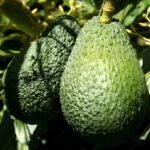Coffee, the beloved beverage that fuels millions worldwide, has a rich history that spans continents and centuries. From its mythical origins in Ethiopia to its status as a global commodity, coffee’s journey is a testament to its enduring appeal and cultural significance.
The Legend of Kaldi and the Dancing Goats
The story of coffee begins with a legend in the Ethiopian highlands. According to popular folklore, a young goat herder named Kaldi noticed his goats behaving unusually frisky after eating red berries from a certain bush. Curious, Kaldi tried the berries himself and experienced a newfound energy. He shared his discovery with a local monk, who then used the berries to make a drink that kept him awake during long hours of prayer. This tale, though mythical, is often credited as the origin of coffee.
The Birthplace of Coffee: Ethiopia
Ethiopia is widely regarded as the birthplace of coffee. The Coffea arabica plant, which produces the majority of the world’s coffee, is native to the region. By the 9th century, Ethiopians were already consuming coffee, initially in the form of a food, with coffee beans ground up and mixed with fat. Over time, coffee beans were boiled to produce a bitter drink, marking the early days of coffee as a beverage.
The Spread of Coffee to the Arab World
By the 15th century, coffee had made its way across the Red Sea to the Arabian Peninsula, particularly Yemen. It was in Yemen that coffee first became more than just a local curiosity. The Sufi monasteries in Yemen adopted coffee as a tool to help them stay awake during long nights of devotion. From Yemen, the drink spread to the rest of the Arab world, becoming an essential part of social and religious life.
The Rise of Coffeehouses
Coffee’s spread to the Middle East led to the birth of the coffeehouse, or “qahveh khaneh,” in cities like Mecca, Cairo, and Istanbul. These establishments quickly became hubs of social activity, where people gathered to discuss politics, culture, and religion. Known as “Schools of the Wise,” these coffeehouses played a crucial role in the intellectual and social life of the Middle East.
Coffee Reaches Europe
In the 16th century, coffee made its way to Europe through trade routes established by Venetian merchants. Initially met with suspicion, coffee was sometimes referred to as the “bitter invention of Satan.” However, after Pope Clement VIII allegedly tasted and blessed it, coffee rapidly gained acceptance. By the 17th century, coffeehouses had spread across Europe, becoming popular meeting places for artists, writers, and intellectuals.
The Global Spread and Commercialization
The 17th and 18th centuries saw coffee become a truly global commodity. European colonists and traders took coffee plants to their colonies in the Americas, Asia, and the Caribbean. The Dutch established coffee plantations in Java, Indonesia, while the French and Portuguese cultivated coffee in the Caribbean and South America, respectively. Brazil eventually emerged as the world’s largest coffee producer, a position it holds to this day.
Modern Coffee Culture
Today, coffee is a global phenomenon, with an estimated 2.25 billion cups consumed daily worldwide. Coffeehouses remain cultural institutions, from the traditional cafés of Vienna and Paris to the modern coffee chains that dominate cities across the globe. Specialty coffee culture has also emerged, emphasizing the origins, flavors, and ethical sourcing of coffee.
The history of coffee is a tale of discovery, innovation, and cultural exchange. From its legendary beginnings in Ethiopia to its current status as a global staple, coffee has woven itself into the fabric of societies worldwide. As we sip our morning brew, we participate in a centuries-old tradition that continues to evolve and inspire.
Tags: Brief History of Coffee, gastronomy




 Share On Facebook
Share On Facebook Tweet It
Tweet It























